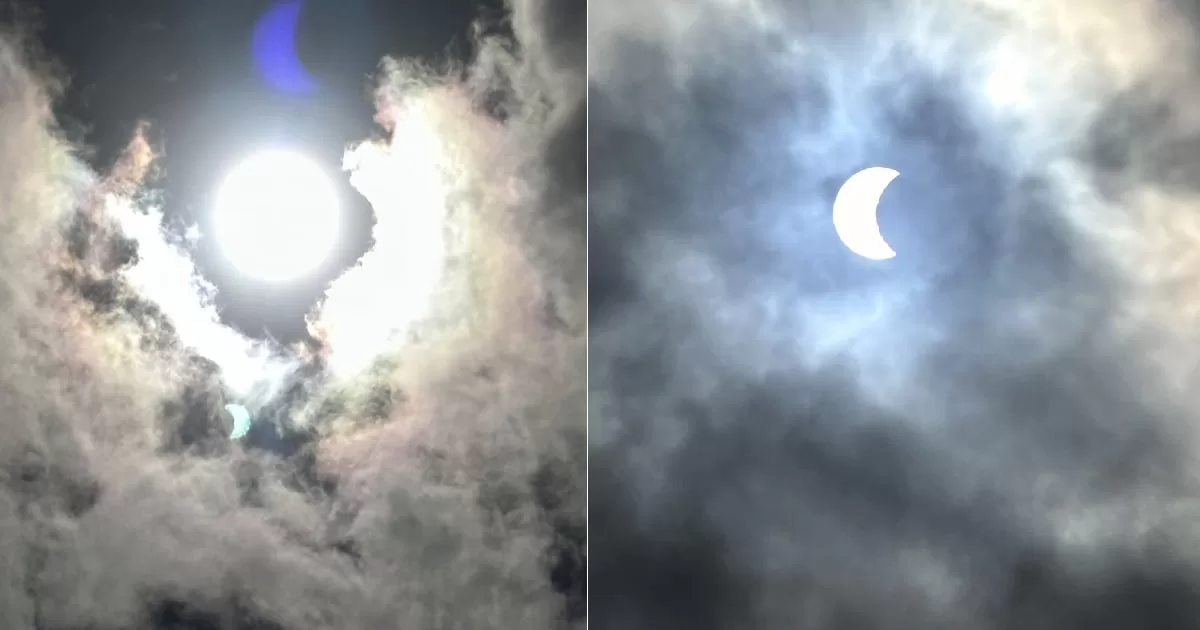In the National People’s Army of the GDR, just one word was enough – “Schwedt.” Every conscript, every soldier understood it immediately: the city on the Oder stood for the military prison and the disciplinary unit of the East German army.
“It was a synonym for harassment, oppression, fear – a place of terror,” said Brandenburg’s state parliament president Ulrike Liedtke (SPD) on Tuesday evening. In the foyer of the Potsdam Parliament, she opened an exhibition by the association “Military Prison Schwedt” founded by those affected.
By July, the roll-ups and showcases under the heading “NVA soldiers behind bars. The army prison in Schwedt as a place of repression” to remind of the injustice that happened in Schwedt – for example the service in the disciplinary command without charge and without trial. “People broke in detention,” says Liedtke. “Anyone who came back from Schwedt remained silent.”
Detlef Fahle was harassed because of his homosexuality
Detlef Fahle was one of those who had to serve in Schwedt. In the army he was harassed because of his homosexuality, at some point it became too much for him. He stole a truck, fled, was caught, and was taken to the disciplinary unit in Schwedt. In an interview with the country’s processing officer, Maria Nooke, he reports that the drill has been tightened. “There was yelling, screaming, we were constantly finished.”
Even afterwards, many of those affected did not dare to talk about the time in Schwedt. “You were under pressure that was there for years, decades.” The association for those affected was only founded in 2013. “The military prison in Schwedt is part of Brandenburg’s culture of remembrance,” says Liedtke. “It is also part of the military history of a united Germany and must find its way into the Military History Museum in Dresden – as a contribution against forgetting, repressing, subsequent trivializing or glossing over.”
While Liedtke speaks, her parliamentary colleague Johannes Funke (SPD) sits in the second row and listens. At the reception that followed, he reported on his service as a construction soldier at the beginning of November 1989 in Prora. “At that time, a good 100 people wanted to refuse the oath – and we were threatened with Schwedt,” says Funke. “Even in the last days of the GDR it was still a threat.” Funke was lucky: Because the Wall fell on November 9, 1989, the refusal to take the oath no longer had any consequences for him. But from 1968 to 1989, thousands of NVA soldiers came to Schwedt for this reason.
The exhibition in the foyer of the state parliament can still be viewed until July 6, Monday to Friday between 8 a.m. and 6 p.m. Admission is free.

